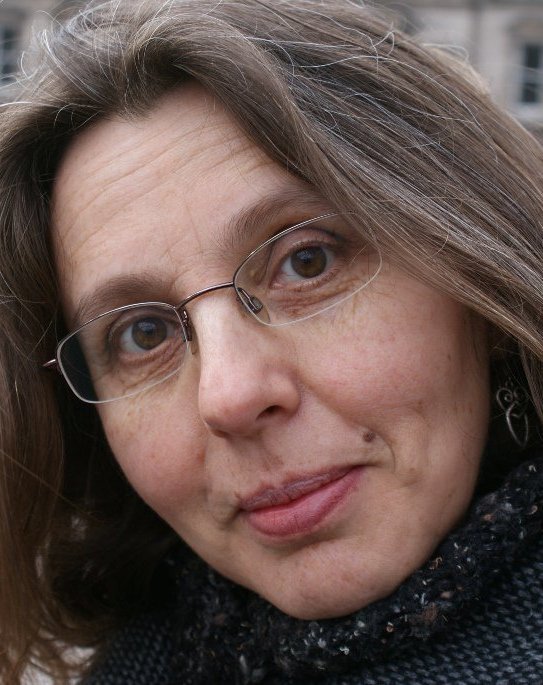THE 2006 consultation on adoption was rushed through in the summer, because Paul Goggins, Health Minister at the time, was hoping the Bill would go through before the Northern Ireland Assembly reconvened. I believe this was a mistake, although at the time I had wished he would succeed.
What happened was that most responses to the public consultation were made in the form of pre-written letters signed by congregations as part of a campaign by some small but well organised religious organisations. The result was 95% of the responses were opposed to the proposal to extend joint adoption to same sex and unmarried couples, giving the impression that most people in Northern Ireland would be opposed to this measure.
While I don’t deny the people who signed this petition their views, I believe it does not represent the views of the totality of the Northern Ireland population. Surveys by the Equality Commission and others have consistently shown that over 60% of respondents tend to be in favour of equal rights for gay people.
The problem with this consultation was that this result, and how it has been interpreted by politicians since, undermined years of work and detailed consultations that had involved the Department for Health, adoption agencies, adoptive parents, birth families, young people, social services etc
So the bill has now more or less sat in Stormont drawers for five years, which has put us far behind Britain in terms of the rights of children in care.
This means that children who by now should have the right to guardianship orders are still denied them, that children are languishing in care longer than they need to, that young people, their birth families and adoptive families are waiting in a legal limbo longer than they need to, when security is what these children need more than any other children.
That’s before we even begin to talk of the rights of the children of lesbian and gay families. And to me, this is what is often forgotten in this debate. The so-called debates on same sex parents should be about children’s rights, not about religious morality.
At different times in similar debates I would have engaged in the religious arguments, but now I don’t really feel like doing it any more. This type of discussion has been going on for a very long time, and it needs to move on.
I am a lesbian mother. My children have rights. What people forget when they have endless discussions over whether gays should be allowed to be parents, is that we already are parents. Birth parents, foster parents, adoptive parents. What is bad for our children is discrimination, prejudice and negative comments about their families. Our children, like all children, need love, security and acceptance. They need to hear in their schools, their youth clubs, on the news, in the Northern Ireland Assembly, that society accepts them and respects their families. We need to stop making the debate be between gay people on one side and very conservative churches on the other. We need to hear what the rest of society thinks as well. And we need to give the rest of society a chance to make informed decisions.
In this particular debate, what society at large needs to know is that lesbians and gay couples, and unmarried heterosexuals, already foster and adopt children, including in Northern Ireland. I know several. No debate will stop this, or should. These people are carefully selected by the appropriate social services and children’s charities, the same as married heterosexual couples, because they are appropriate carers and guardians for the children who are put in their care. We need to let social services and children’s charities do their job. What we need to look at is the legislation, and why this particular clause is being introduced in the adoption law.
At the moment, gay couples and unmarried heterosexual couples cannot adopt jointly. They are assessed as couples by social services, but only one of them is the official adopter. This means the adopted child has less security than a child who is adopted by a married couple. The partner of the adoptive parent then has to go to court to obtain guardianship through a residence order. This is complicated, and delays the time when the child can have the security of having two legal guardians. The law is about simplifying this, so that once children are adopted by a couple, married, unmarried, gay or straight, they have two guardians. This is what this clause will do, nothing else.
The change in the adoption legislation does not give anyone an automatic right to adopt, there is no such thing as a right to adopt. The screening process for potential adoptive parents is very stringent and so it should be, because children come first.
I know I’m a good parent, but I’m not sure I would make a good adoptive parent. This is nothing to do with my sexuality. I believe it takes people with exceptional qualities to make good adoptive parents, and they are scarce enough, as shown by the high number of children who remain for years in wait of an adoptive family. It is very unhelpful to those children that we turn up our noses at a section of potential adoptive parents either because they are too religious or too gay or not rich enough or whatever. Every potential adoptive family needs to be assessed individually and, if it passes the screening process, it should be matched with the particular kid who needs this particular family. And that is the attitude we should all have, whatever our personal views are, if we are serious about putting children first.
Whether the change comes through courageous politicians bringing in the law in its entirety, or whether it comes through judicial review, it is going to come anyway. For all our children’s sakes, it would be better if it came sooner rather than later.
